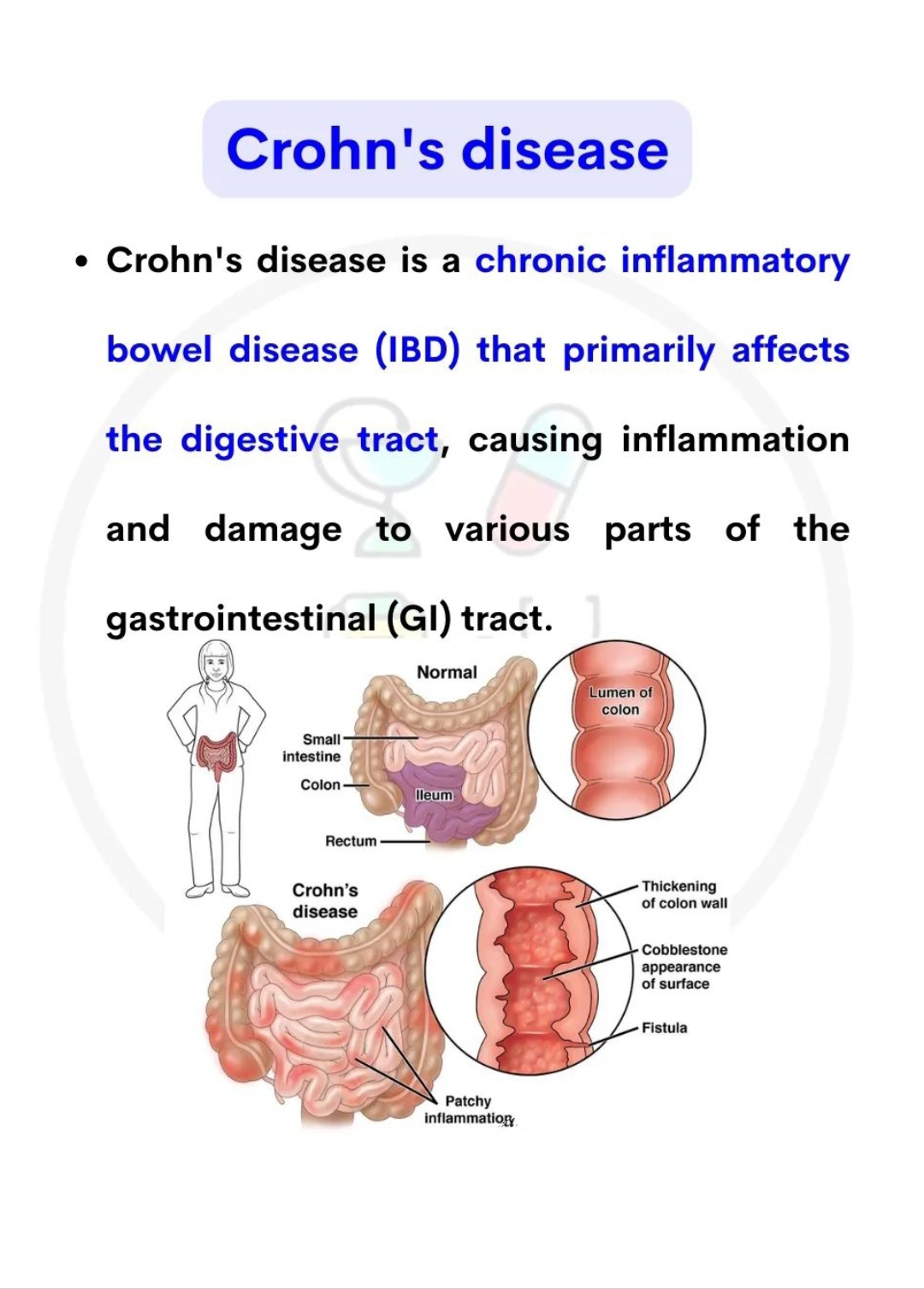Table of Contents
How to make yourself Throw Up
Your body uses vomiting also known as throwing up, as a response to get rid of toxins and poisons you’ve eaten. Either acute or chronic diseases may cause it to happen. You can also make yourself vomit.
It might be unpleasant to experience the symptoms of nausea and dry heaves, which frequently come on before vomiting.You may be at greater risk of developing serious health issues if they result in persistent vomiting.
It is critical to wash your hands frequently to avoid transferring germs and other microbes from your hands to your throat which can lead to tonsillitis and other diseases. Prior to forcing yourself to vomit wash your hands well with warm soap.
One of the coziest and safest ways to throw up is to kneel in front of the toilet. Pressure on the stomach should be avoided as this may exacerbate discomfort.
Squeezing the spot at the front of your throat will trigger the vomiting reflex. To get to it, put your finger in your mouth and gently press down on the spot where your throat begins, which is behind your tongue. The need to throw up will strike nearly instantly, though for some it may take two or three tries before they can actually throw up because the brain may attempt to suppress the signal during the first few attempts.
It is crucial to flush out any extra stomach acid that may have remained along the walls of the stomach after vomiting by drinking a cup of water.This can lessen acid induced stomach discomfort and burning.
It is better to simply rinse and gargle with water after vomiting, even if you might feel the want to wash your teeth right away. After coming into touch with stomach acid, teeth become extremely sensitive, which can be made worse by brushing. As a result, you shouldn’t brush your teeth for around 30 minutes after puking.
Unless directed by a healthcare provider it is typically not advised to induce vomiting on your own as it can be dangerous.It is advisable to speak with a doctor or other medical professional if you are feeling extremely sick or think you need to throw up for a medical reason. They can offer suitable and safe advice based on your circumstances.
Another Method
How to make yourself throw up easily
You may try to induce the gag reflex of the back of your throat with your clean finger or a spoon handle. This sometimes leads to vomiting. Be very, very cautious, because this technique can be hazardous and may cause injury or choking.
Others try a different folk remedy where they mix a tablespoon of salt into a glass of warm water and gulp it down. This is dangerous, as it might lead to dehydration, electrolyte imbalances, or other complications.
Drinking a lot of water suddenly may actually induce vomiting, but even this needs to be done with caution. Sudden consumption of a lot of water causes an abrupt shift in electrolytes, a life-threatening condition called water intoxication.
Consumer foods that can irritate the stomach, such as very spicy or greasy foods, may induce nausea and can certainly bring on vomiting. This is not a good method of inducing vomiting, and can exacerbate the problem.
How to make yourself throw up easily with toothbrush?
Using the toothbrush’s end To make someone throw up, you might use the toothbrush’s handle or lower end.
Wet the toothbrush’s tip.
You will undoubtedly throw up after doing these actions. Gently place the toothbrush in your throat (don’t force it). Move it back and forth until you begin to gag.
Using the toothbrush head: This is how you may make someone throw up by using the toothbrush head.
Make the toothbrush wet.
Push it down your throat after placing it in your mouth.
After a while, you will start to gag and might even throw up.
Reasons you should consider throw up
Throwing up or vomiting is your body normal reaction to a variety of circumstances. It is crucial to know when and why it might be deemed necessary though and to proceed cautiously at all times.The following situations call for considering vomiting
Vomiting can assist in clearing toxic substances from your stomach before they have a chance to cause more significant problems if you have consumed tainted food or drink.
Medical experts may advise vomiting in cases of unintentional poisoning or poisonous substance ingestion in order to stop the toxin from being absorbed further. On the other, hand you should only perform this under medical supervision.
Vomiting may be recommended for some types of drug overdoses in order to stop the drug from entering the bloodstream further. Again medical professionals should be in charge of this.
Motion sickness that is severe enough to cause vomiting can sometimes happen. Resolving the cause such as relaxing or taking anti nausea drugs can assist in reducing the discomfort.
Self induced vomiting is something that people with eating disorders occasionally do. This is a serious problem that has to be managed and treated with professional assistance.
Safety Measures
Health Conditions: Find out if you are taking any medications that could cause you to throw up or if you have any current medical conditions.
Reason for Vomiting: Rather than attempting to throw up on your own get medical attention, right away if you have consumed something harmful or taken an overdose.
Risks: Dehydration, electrolyte imbalances, esophageal injury and tooth problems can all result from vomiting.
Safety precautions: Make sure you are in a secure area where you can handle the fallout and that you drink plenty of water.
Consult Experts: Before causing vomiting, always seek medical advice particularly in cases of poisoning or overdose.
After vomiting, keep an eye out for any severe or enduring symptoms and if necessary, seek medical attention.
Why can’t i throw up when i feel like i need to?
Here are several possible reasons if one has the urge to vomit but isn’t able to:
Involuntary Reflex: Your body’s involuntary reflex, vomiting takes place in your brain. If the reflex isn’t strong enough, you simply might not be able to vomit even if you feel queasy.
GI Obstructions: Obstruction to the pathways of the GI tract can result in the failure or inhibition to vomit. Gastroparesis and bowel obstruction can inhibit the process of vomiting.
Medication: Certain medications depress the gag reflex or nausea that might inhibit vomiting.
Severe Dehydration or Physical Weakness: In states of extreme dehydration or physical weakness your body may not be able to vomit.
Nausea That Isn’t Actually Treated with a Strong Trigger: Sometimes, nausea doesn’t cause vomiting; this simply may be because there isn’t something in the stomach strong enough to trigger it to cause vomiting.
Psychological Elements: Stress, anxiety, trauma, and other psychic events can affect physical ways of one’s body, such as how their vomiting ability is physically capable of functioning.
Reflux Issues: Conditions like acid reflux or even GERD sometimes may lead to nausea but not actually be able to create vomiting.
Stomach Condition: Vomiting does not occur in cases when the stomach is empty or if the cause of nausea does not involve irritants the body wants to expel.
You may also like this: 15 Health Benefits of Soursop Leaves and side Effects
If you like Fitness: You must click here.
FAQs
What causes vomiting?
Common causes include gastrointestinal infections, food poisoning, motion sickness, migraines, pregnancy and toxins.
Is vomiting a sign of a serious condition?
No, it is not but if this is continuous from long time it can be serious you should consult a doctor as soon as possible.
When should I seek medical help for vomiting?
Seek help if vomiting is severe and unrelenting, or is accompanied by other symptoms such as high fever or blood or follows the ingestion of a toxic substance.
Does vomiting lead to dehydration?
Yes, because of the fluid loss, it leads to dehydration. It is expected that you drink fluids so that your body can be hydrated.
How will I avoid being dehydrated after vomiting?
Sipping clear fluids such as water, oral rehydration solutions, or clear broths is recommended and should be taken very slowly. Avoid drinks that contain a great deal of sugar or caffeine.
Is it dangerous to try to make a person vomit at home?
In general, no, it is not a good idea to attempt induced vomiting at home unless your healthcare provider instructs you to, in cases of suspected poisoning or overdose.
What are potential complications of self-induced vomiting?
There is the potential for dehydration, electrolyte imbalances, esophageal damage, and dental problems.
Can throw up hurt my teeth?
Yes, the acid in your vomit can eventually wear away the enamel on your teeth. After vomiting, rinse your mouth with water. Wait at least 30 minutes before brushing your teeth.
Is it normal to vomit after eating certain foods?
Food intolerance, food poisoning, and digestive disorders could cause one to vomit after eating. If this happens quite often, consult a physician.
Does motion sickness induce vomiting?
Yes, this tends to provoke nausea and vomiting due to motion sickness. Self-care techniques include over-the-counter anti-nausea medicines and behavioral methods can help.

Ankush Kumar is a professional content writer and the founder of Healthnick.com. He is a health and wellness enthusiast with a deep interest in nutrition, fitness and holistic living. Harish is committed to delivering research-based insights on various health topics. He enjoys exploring new trends in health, experimenting with nutritious recipes, and staying active.







1 thought on “How to make yourself throw up, Safety Measures and FAQs”